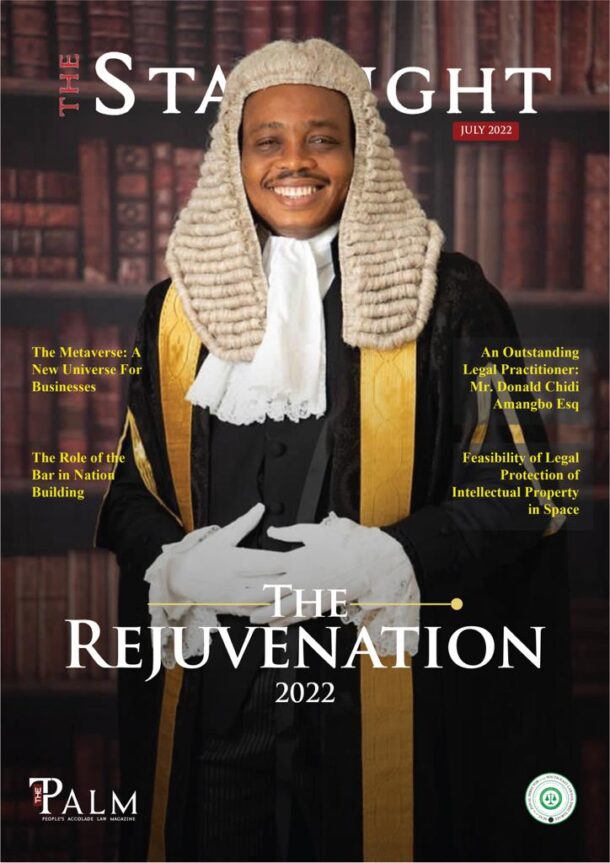Antitrust legislations originated from the United States in the 18th century to prevent monopolies in reaction to the business practices of Standard Oil and other monopolistic firms. The Sherman Antitrust Act was passed in 1890, and its provisions aimed at preventing firms from acquiring monopoly or working together to set prices and consequently limit competition in other ways. Ever since, a number of antitrust laws have been passed to extend the government’s power to promote and maintain competition in the U.S. economy.
Several African countries have enacted different versions of antitrust laws fitting the economy situation of their states. These states include Nigeria, Kenya, Ghana, Ivory Coast, Senegal, Cameroon, Libya, Egypt, Sudan, Eritrea, Djibouti, Ethiopia, DRC, Rwanda, Burundi, Uganda, and all countries in the southern region of the continent.
Over the past six years, new competition law regimes have spread across Africa, and existing but largely dormant regimes have been reinvigorated. The primary drivers behind these developments are the traditional justifications of competition regulation as a means of encouraging economic growth and ensuring that consumers have access to the widest range of the best products at competitive prices.
Antitrust however covers a wider scope beyond acquiring companies or businesses, it has to do with all the practices that promotes monopolies and cuts off competition in the markets. It has to do with:
• Predacious Pricing Policies
• Exclusive Supply Agreements
• Bid Rigging
• Bid Rotation
• Complementary Bidding
There is an urgent need for more and standard antitrust laws that will cater for all and more of the above listed practices that promotes monopolies. Consumer Protection seems to be the major reason why there should be such laws in place because monopolized brands operate with subtle coercion by ‘forcing’ consumers to take whatever they are provided with through the producers. Even the creator created men as beings with freewill and they should be left alone to make decisions from the available choices open to them, but the question is that how do people make choices when there are no choices, really?
The popular saying that “whatever is worth doing at all is worth doing well” is another reason why antitrust laws should be enacted, particularly in capitalist states. Enacting antitrust laws will ensure a clear conscience of promoting the capitalism we appear to embrace as a country, or what do we say about capitalism without competition?
The problem, however, lies in enforcing the antitrust laws. It is a wonder how people shy away from taking on responsibilities that challenge the normal or usual, the fear of being accepted or as good as the existing structure is an impediment to the enforcement of antitrust laws. The difficulty in establishing a new brand and the struggle of new brands in competition with established firms makes the enacted antitrust laws less efficient. What about the people who were the major consideration in enacting these laws, can they be trusted to trust new and upcoming brands to promote the competition being clamored for by the legislature?
Usually, what readily comes to mind when people hear of antitrust laws are mergers, acquisition and takeovers, well, the reason for that is not farfetched because lots of antitrust legislations put a lot of focus or give too much attention to merger and the whatnots.
Antitrust legislations are good an essential as it gives the government a say in market but the core essence of enacting antitrust laws should be citizenry who are at the receiving end of whatever happens in market. Consumers should be allowed the freewill to choose from variety of available options, although the question remains if the people for whom antitrust laws are enacted really want to maximize the power of choice given to them.
Send your latest scoop and articles to: editor@thepalmagazine.com. Please ensure you read our submission agreement before you send your items.
For advert enquiries:info@thepalmagazine.com

























































